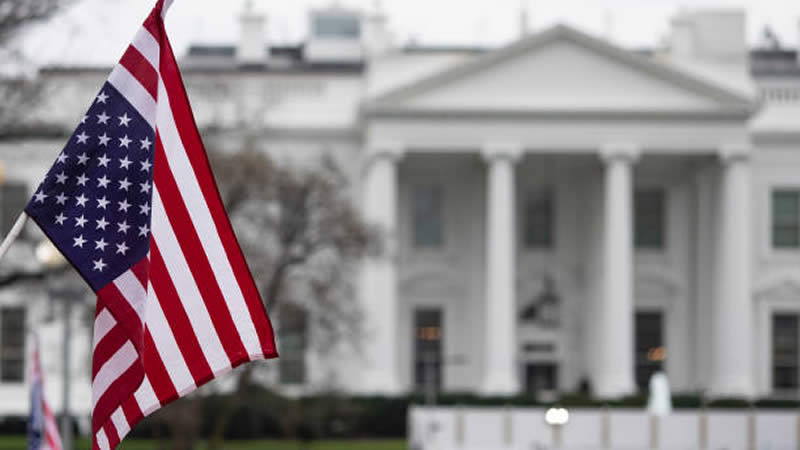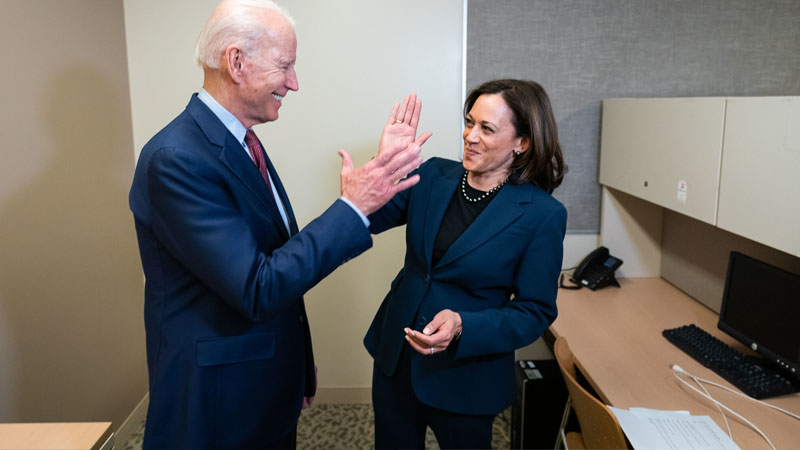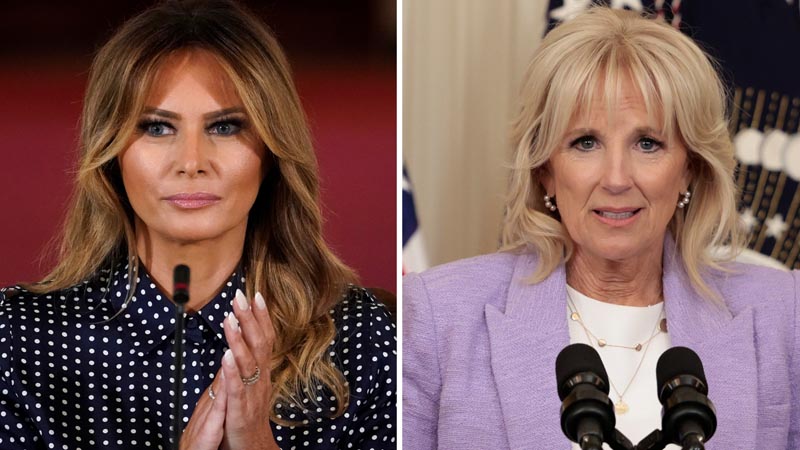White House Unveils Guidelines for Corporate Mergers, Landlord Fees, and Food Industry Crackdown!

©Getty Images
Biden Administration Unleashes Game-Changing Measures: New Guidelines for Corporate Mergers, Landlord Fee Disclosures, and Food Industry Crackdown
In a groundbreaking move, the Biden administration has unveiled a series of bold initiatives aimed at reshaping the business landscape. These announcements, set to be discussed during President Joe Biden’s meeting with the White House Competition Council, are poised to bring increased transparency, curb price-gouging, and promote fair competition.
The council, established through a 2021 executive order, is laser-focused on empowering consumers, curbing industry concentration, and bolstering growth opportunities for startups and small businesses. While critics argue that the administration’s efforts may lead to regulatory burdens, Biden asserts that the core of “Bidenomics” lies in fostering healthy competition, which ultimately results in lower prices, equitable wages, and enhanced innovation.
To kickstart this transformation, the Department of Justice and the Federal Trade Commission are proposing updated guidelines for evaluating mergers. These revisions aim to shed light on the impact of mergers on workers and provide a much-needed framework for the digital economy, shaped by industry giants like Apple, Amazon, Alphabet, and Meta.

Notably, these initiatives mark a departure from the original merger guidance issued in 1968. Government officials emphasize that the new guidelines align with Congressional laws and court precedents, paving the way for a more competitive and equitable business environment.
Republican lawmakers have accused Federal Trade Commission Chair Lina Khan of “harassing” Twitter since it was acquired by billionaire Elon Musk. They say her push to break up the concentration of corporate power amounts to government interference in business practices. Khan has said such interventions will enable more competition within the U.S. economy in ways that are positive for consumers, workers, and new businesses.
Attorney General Merrick Garland said that the proposed guidelines “respond to modern market realities” and that “unchecked” mergers could threaten “the free and fair markets upon which our economy is based.”
Separately, the government is working with the companies Zillow, Apartments.com, and AffordableHousing.com to create a new website that reveals to renters all of the fees they could be charged when signing a lease.
The effort comes from concerns that many renters find themselves surprised by what the administration calls hidden junk fees for background credit checks, paying their rent online, or trash collection. The administration’s goal is for renters to know how much they’re being charged so that they can make better choices.
The Department of Agriculture is working with more than two dozen state attorneys general to investigate and sanction price gouging in the food sector. The department is also creating a new liaison for farmers to discuss the patent process regarding seeds.
The White House has said its broader efforts have led to more entrepreneurship. In the wake of the coronavirus pandemic and a historic series of relief packages, there were 10.5 million applications to start new small businesses in 2021 and 2022, the best two years on record.
But the greater degree of government activism has been controversial with business groups, which say that these new companies might struggle to survive and that higher regulatory costs might cause prices to rise.


